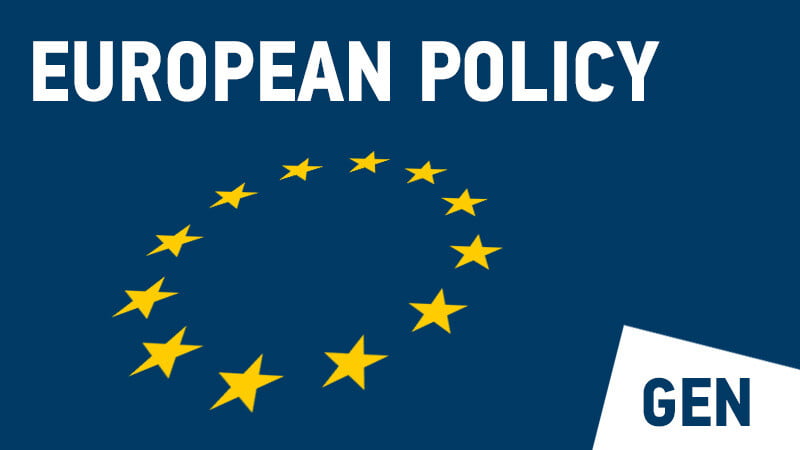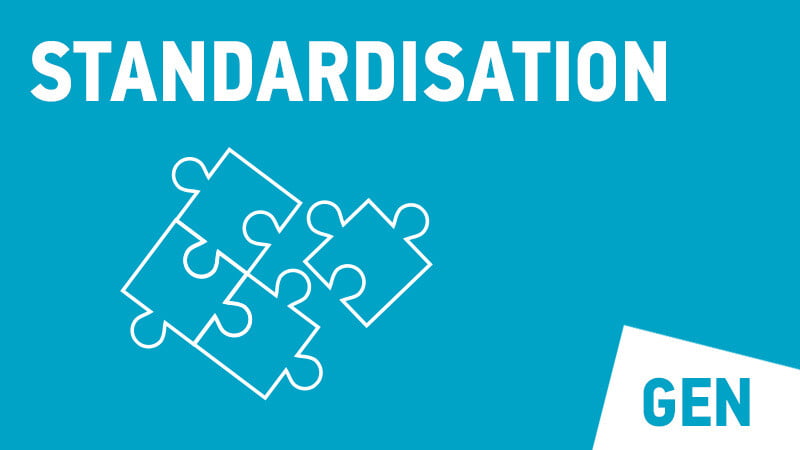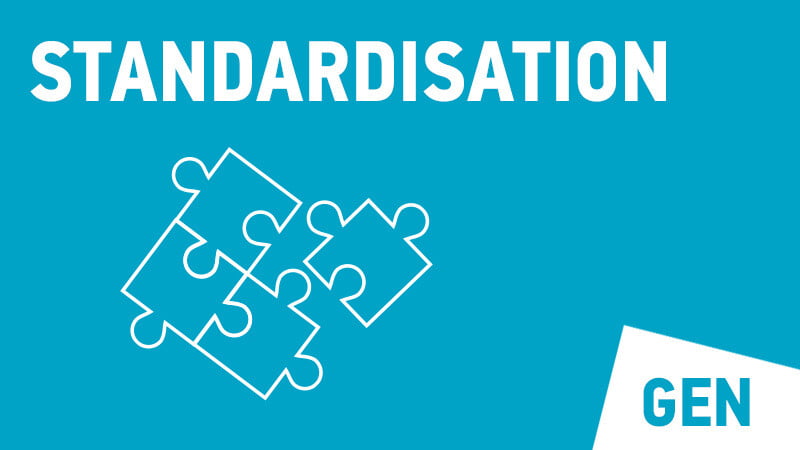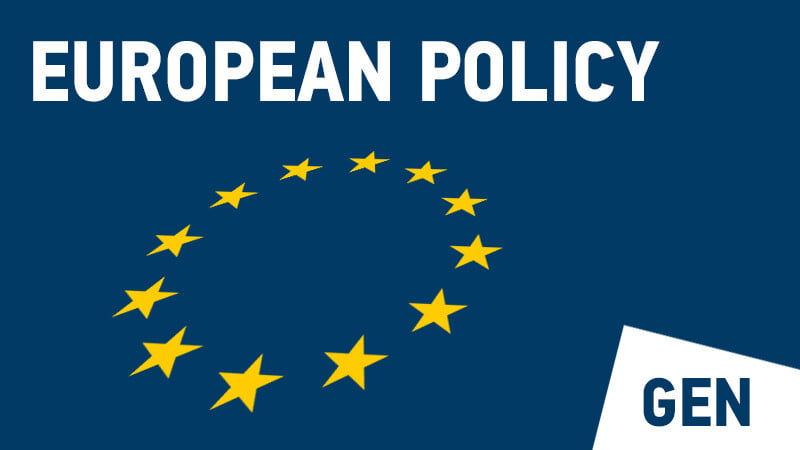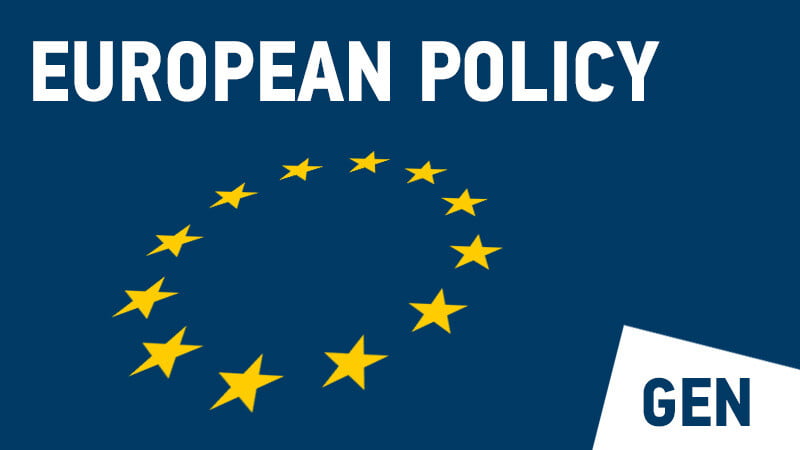GEN – 1427.00. The European Climate, Infrastructure and Environment Executive Agency (CINEA) has commissioned Ricardo to collect evidence on Horizon 2020 and IEE-II-funded energy efficiency related market surveillance projects to assess their impacts and effectiveness.
Abstract
The study identified three main impact areas of the EU-funded projects; increased market surveillance and enforcement activities carried out by MSAs, increased cooperation between MSAs and addressing the root causes of non-compliance. Specific problem drivers and barriers within these impact areas were identified and project impacts and activities in these areas have been highlighted, including notable success stories.
The study found widespread agreement that these EU-funded projects had facilitated practical experience of product testing, with less experienced MSAs benefiting the most. However, the majority of survey respondents indicated that projects had limited impact on the quantity of product testing performed outside of EU-funded projects. Recommendations have been provided to improve the longevity of EU-funded market surveillance project impacts.
Study context
Ecodesign and energy labelling provides a key policy framework to deliver the European Green Deal and the circular economy as regards energy-related products, contributing to the achievement of EU energy saving and greenhouse gas emissions reduction targets by 2030 and 2050. Its implementation improves the European Union’s security of supply by reducing primary energy consumption and decreasing energy imports. It reduces energy bills of citizens and businesses, while it helps reduce greenhouse gas emissions in a cost-effective way, thereby mitigating climate change.
The European Climate, Infrastructure and Environment Executive Agency (CINEA) has commissioned Ricardo to collect evidence on H2020 and IEE-II-funded energy efficiency related market surveillance projects to assess their impacts and effectiveness.
Project activities and outputs
The collection of data relating to project activities largely focused on market surveillance activities performed by MSAs, with information relating to training and dissemination activities also collected, were available.
According to the assessment of the project documentation, 1,189 tests and 134,245 inspections were performed during the projects. This figure is dominated by the MarketWatch project, during which 103,141 label inspections were performed, mainly by environmental NGOs. In terms of testing, a total of 1,189 laboratory tests have been performed, which have been fairly evenly spread across the 11 projects.
Furthermore, product testing and inspecting has led to 323 changes in technical documentation, 76 product withdrawals from the market and 86 penalty fines being imposed.
In terms of dissemination activities, 264 events have been held across the 11 projects with 2,974 reported attendees, although this is likely to be an underestimation as the number of attendees at events was not always reported by projects.
The number of trainings provided does not appear to be a well-reported metric, although it was stated that a label inspection training video was developed by MSTyr15.
The level of compliance observed during project activities was also captured from project documentation. All projects, besides INTAS, reported levels of compliance observed after carrying out inspections and tests. These compliance levels were generally associated with specific product groups, although in some cases the figures represent a number of products that were tested and so levels of compliance were deemed as being reported at ‘Project-level’.
Best practice guidelines are by far the most commonly produced project output (16 guidelines from 10 projects). Networks of MSAs, experts and suppliers, triggering new standardisation work and voluntary protocols have also been produced by projects (2 each).
Conclusions
The 11 projects carried out a significant number of activities, including:
- 1,189 tests and 134,245 inspections across 28 product categories
- 323 changes in technical documentation, 76 product withdrawals and 86 penalty fines
- 264 events with at least 2,974 reported attendees
- A range of useful outputs, including 16 best practice guidelines.
The study found wide agreement that these EU-funded projects had facilitated practical experience of product testing, with less experienced MSAs benefiting the most. As a result, more MSAs now have the confidence and skills to cost-effectively inspect and test a wider range of products than they had previously. 45 out of 46 responses from MSAs and expert consultants indicated a positive impact or improvements to market surveillance working methods following MSAs’ participation in EU projects. Examples cited include uptake of best practice guidelines, testing checklists and direct communication channels with other inspectors in the EU, which MSAs have taken into their work outside of projects, including for the training of new inspectors.
However, the impact on product testing work performed outside of EU projects remains unclear. The majority of survey respondents thought projects had no significant impact on the quantity of tests outside of these projects, with the notable exception of one MSA, whose testing increased significantly. Comments from project participants generally agreed on the European Court of Auditors report findings suggesting a reliance of MVE work on EU funding. The cost of testing, combined with restricted MSA resources has resulted in some dependence on EU projects to lift cost barriers, create economies of scale and make it easier for MSAs to participate in testing activities. Without this funding, some MSAs are restricted to documents inspection and simple desktop work. In this way, EU projects do provide a temporary solution to an ongoing lack of national funding issue.
Through a meta-analysis, the study found that project activities in knowledge sharing, increasing industry awareness and capacity building to be highly impactful, valued by participants, and beneficial to MSA efficiency. However, these are unlikely to be sustained by the market as non- income generating activities and requiring some form of central organisation. Supported experience in carrying out laboratory tests were equally as impactful, and particularly important to MSAs with low budgets. The study team believe there may be potential for laboratory tests to be sustained by the market, if income from administered fines can be used to support laboratories, and support is maintained for a high number of tests.
Recommended actions
Eurovent members might want to carefully assess the study report
Related documents and links
All related documents and articles can be found in the respective sections in the right sidebar.
- GEN – 1427.01 – Report assessment Result Impact Energy Efficiency Market Surveillance



